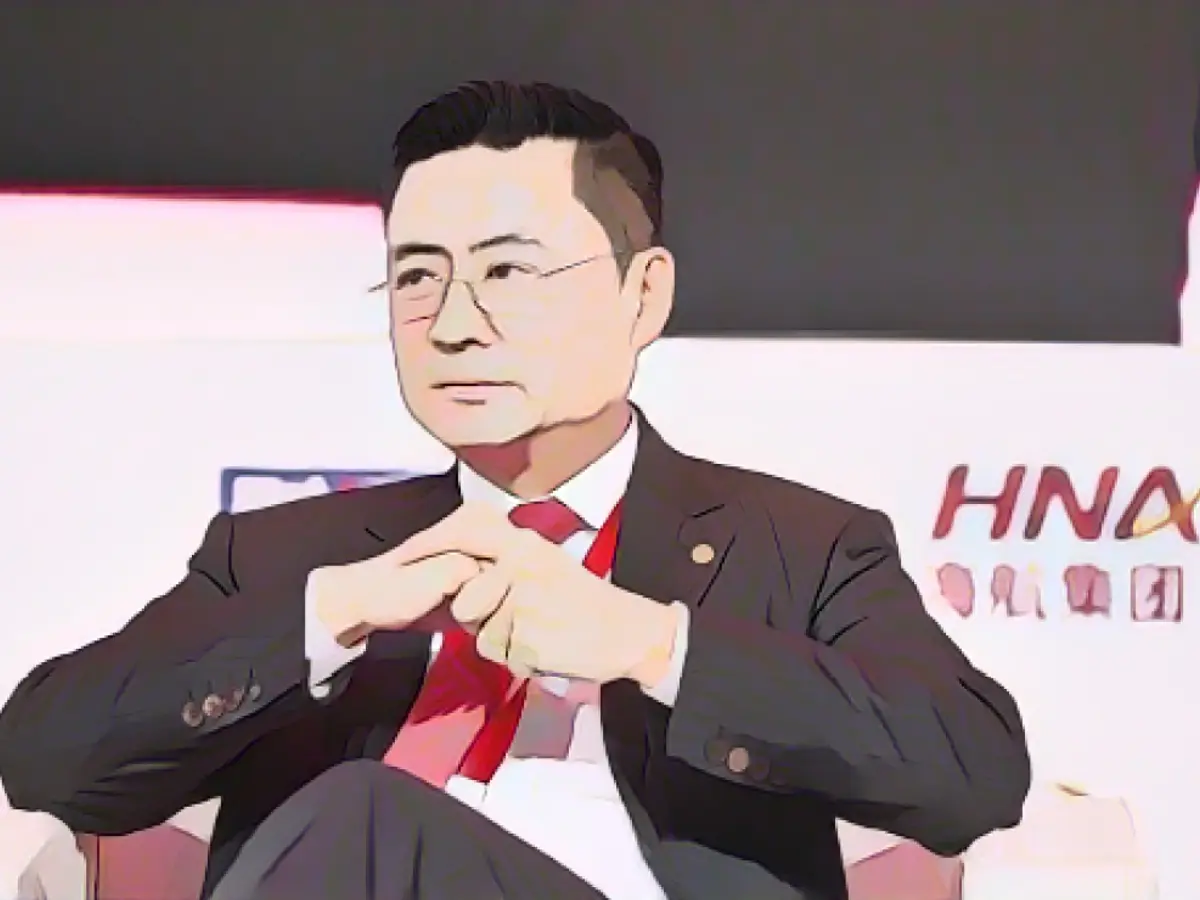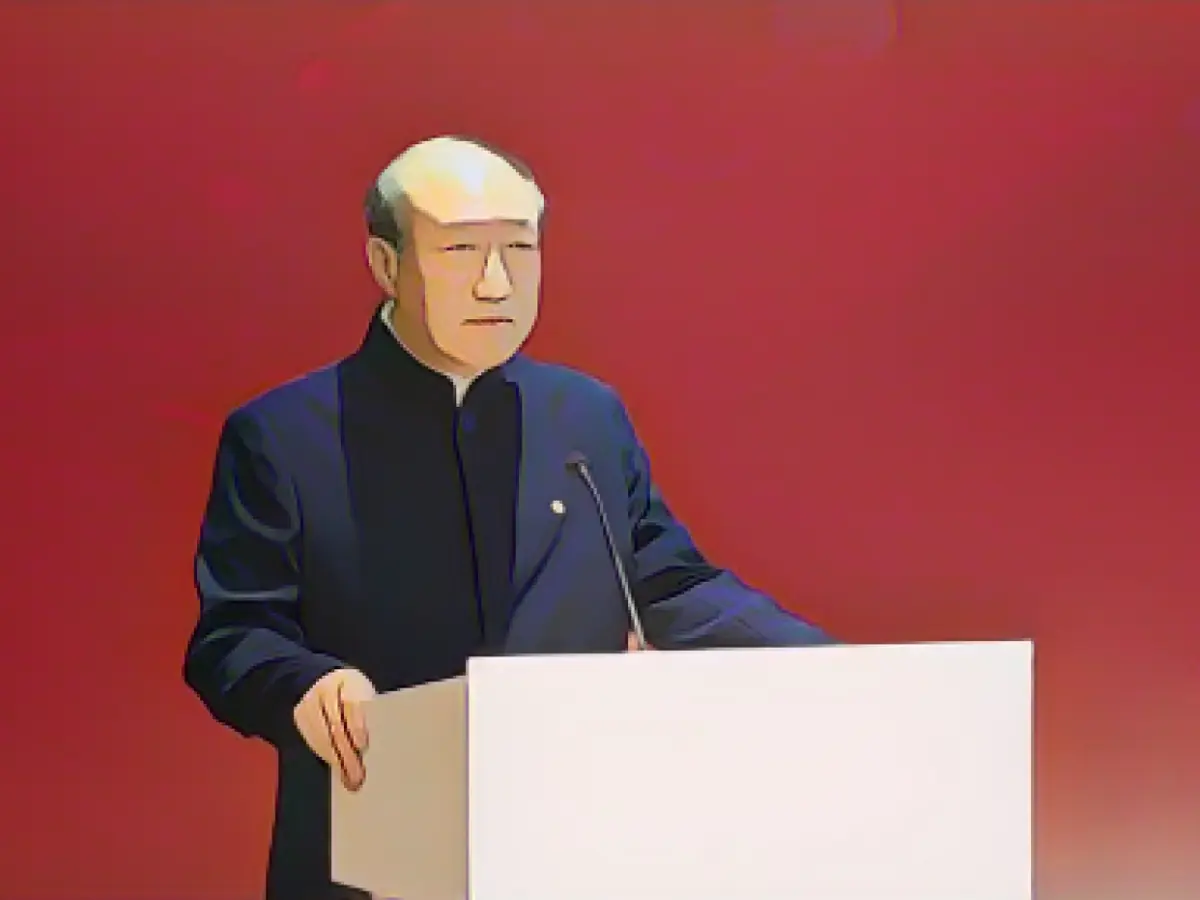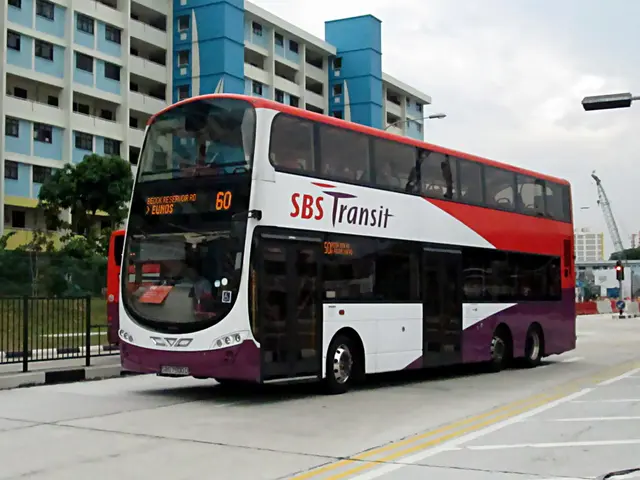HNA Group Boss Arrested: Uncertainty Surrounds Giant's Future
In a brief statement released on Friday, the embattled conglomerate confirmed that their two top brass had been detained by Chinese authorities in Hainan, allegedly for breaching laws related to "forced actions." However, the exact nature of the alleged violation remains unclear.
The HNA Group, once known for its aggressive dealings globally, teetered on the brink of bankruptcy earlier this year. This development signifies a significant setback for one of China's key private-sector players.
In a statement disseminated on social media, the HNA Group maintained that it and its subsidiaries were operating smoothly and adhering to regulations while progressing with its restructuring efforts. The company assured that its business activities had not been impacted in any way.
The news of Adam Tan's arrest broke on the same day that Huawei Finance Chief Meng Wanzhou reportedly reached an "agreement" with the U.S. Justice Department, prompting her release from Canadian detention after nearly three years. Tan was under house arrest.
Asked to comment on Tan's whereabouts on Monday, a spokesperson for China's Foreign Ministry declared lack of knowledge of the matter.

HNA Group was established nearly two decades ago as an airline operator but rapidly diversified into various other fields through acquisitions, foreign investment, and real estate ventures.
Starting in 2015, the group embarked on a 40-billion-dollar acquisition spree that included investments in companies like Hilton and Deutsche Bank. By 2017, HNA Group's assets reached over 1.2 trillion yuan (186 billion USD).
However, this rapid expansion was heavily debt-driven. By June 2019, the company's debt soared to 707 billion yuan (110 billion USD). The pandemic pressed its strained finances further, prompting Hainan authorities to intervene and assume control in February 2020.
In response to the company's financial woes, Hainan provincial authorities and other departments formed a "Working Group" to resolve the crisis, operating within the bounds of the law.
The latest news regarding HNA Group's leadership comes amidst the escalating crisis facing another Chinese conglomerate, Evergrande. Analysts have been anticipating the impact of Evergrande's financial woes on the global markets, as well as the Chinese economy, for weeks.
Classified as a "junk" entity by Moody's and S&P Global Ratings, Evergrande is grappling with a massive liquidity crisis, which poses a major challenge for China's highest level of political leadership. Some analysts fear that this situation could precipitate either a "Lehman Brothers Moment" or a series of domino effects impacting the second-largest global economy.
Simultaneously, China has embarked on an expansive crackdown on its private sector, targeting various sectors, from technology to finance. While state-owned corporations are not immune, recent regulations suggest that they may be steering the private sector towards greater oversight and compliance, in tune with Beijing's aims to strengthen control.
On Sunday, China's top anti-corruption official called for "thorough inspections" of financial institutions, noting the importance of serving the needs of the people and preventing systematic financial risks, according to the state-run Xinhua news agency.
Enforcing stringent discipline on finance institutions, as well as other departments, appears to be a priority for Chinese officials, with growing concerns about the private sector's increasing influence in various sectors.
Chinese officials have authorized an inspection round within another 25 financial institutions, targeting party organizations. This effort represents a recent development in the broader regulatory clampdown on the private sector.
As seen in previous years, it is not uncommon for Chinese conglomerates to establish internal organizations aims at ensuring connections with the ruling party, particularly during times of financial distress.
Today, institutions like the Chinese Central Bank and the Supreme Audit Board, alongside the "Big Four” state banks, face scrutiny. Amidst this regulatory overhaul, the future of privately-owned businesses in China remains uncertain, with its path forward fraught with challenges and unpredictability.
Follow the latest developments with our ongoing coverage:








